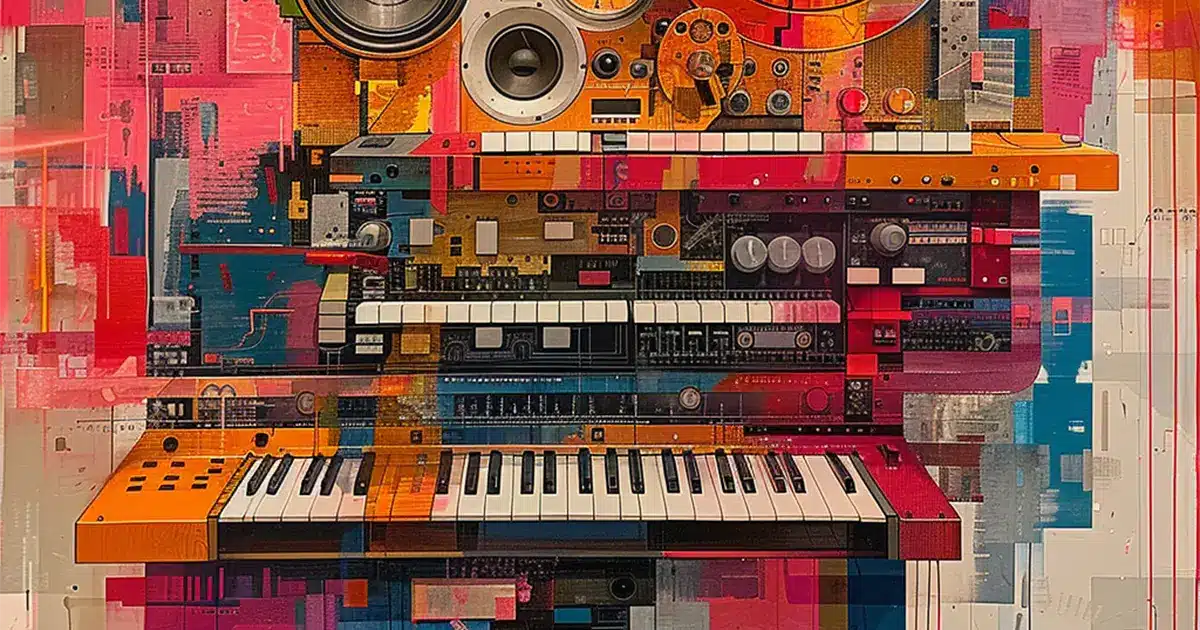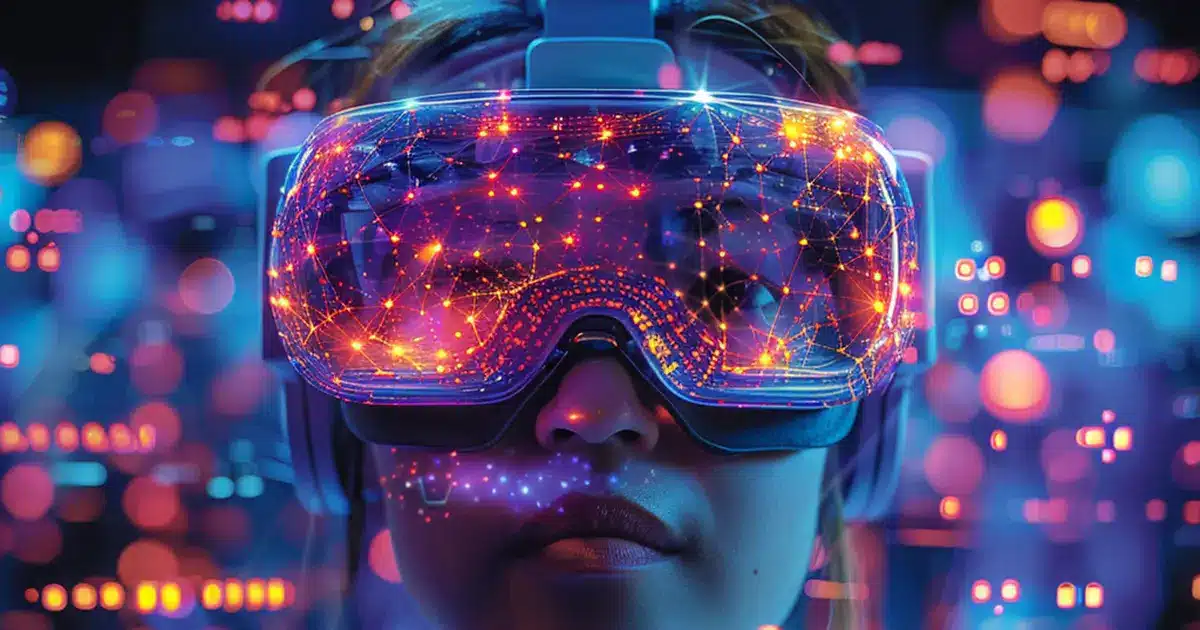
Four innovative centers. $8.5 million in funding. One bold vision.
Transdisciplinary Research Centers
Empowering Discovery Across Boundaries
Supporting Transdisciplinary Research
The University of Rochester’s “Boundless Possibility: 2030 Strategic Plan” champions a bold new model of scholarship—transdisciplinary research, where teams don’t just collaborate—they combine methodologies, perspectives, and fields to reshape what’s possible.
After a competitive, two-phase request for proposal (RFP) process beginning with 42 proposals in April 2024 and culminating in June 2025, four transdisciplinary teams were selected for multi-year support. These centers embody our institution’s commitment to addressing society’s most complex challenges through ingenuity and connection.
Explore the four groundbreaking centers below and discover how URochester is redefining collaboration:
SoundSpace
SoundSpace merges music, engineering, and AI to extend the technical and artistic abilities of music and sound.
Center for Extended Reality (CXR)
CXR is leading advances in human-centric AR/VR technologies to create immersive platforms that transform communication, learning, accessibility, and workforce training while also addressing the associated social and ethical challenges.
University of Rochester Resilience Research Center (UR³C)
UR³C investigates resilience, looking at everything from cellular to societal scales to develop novel interventions that prevent or reverse those conditions.
Center for Coherence and Quantum Science (CCQS)
Pushing the frontiers of quantum coherence and optical science, CCQS is advancing quantum technologies through light-matter interaction.

More URochester Research
Home to more than 60 different research centers and institutions, and over 750 active research partnerships, the University of Rochester thrives on collaborative research that works across disciplines to solve our most pressing challenges.
So, whether our researchers are helping us understand the world as we know it, explore what used-to-be, or discover something new, we know that cross-field collaboration can help us see a more complete picture.




